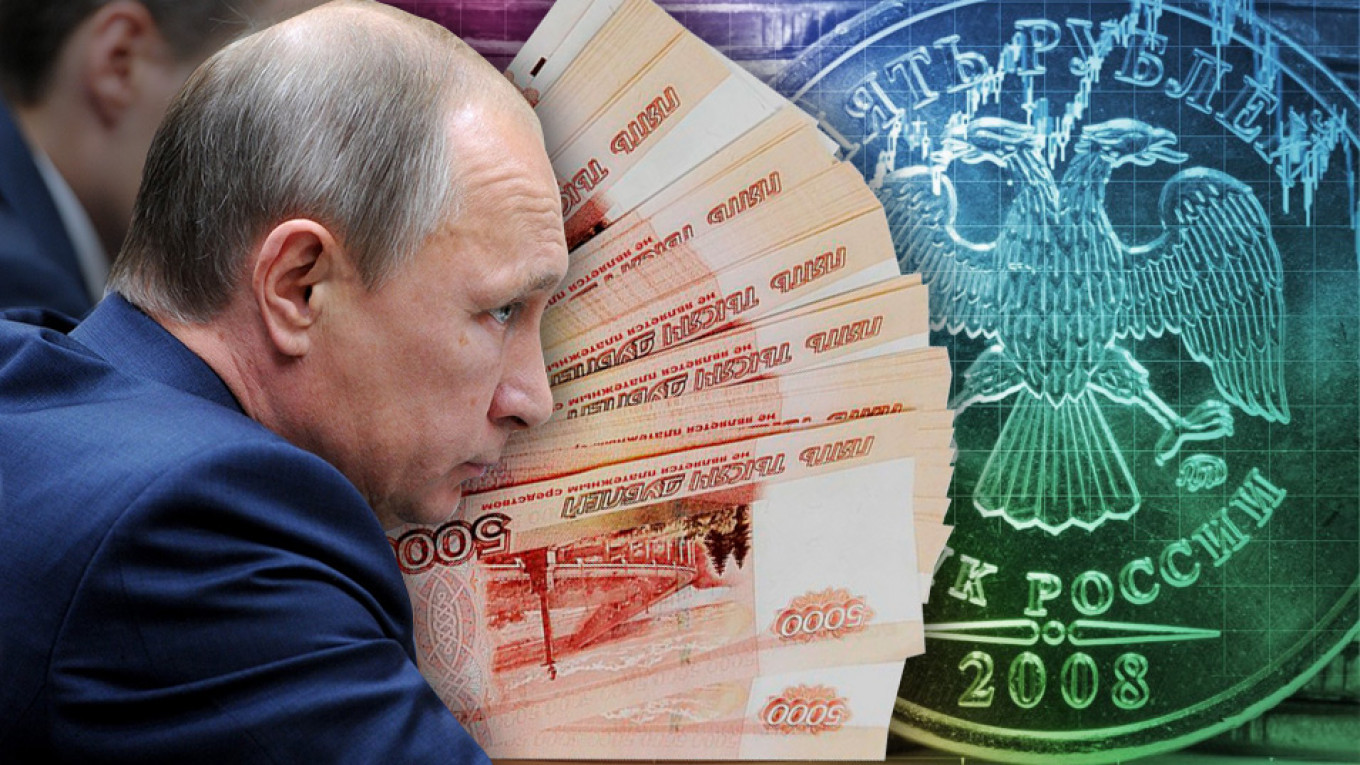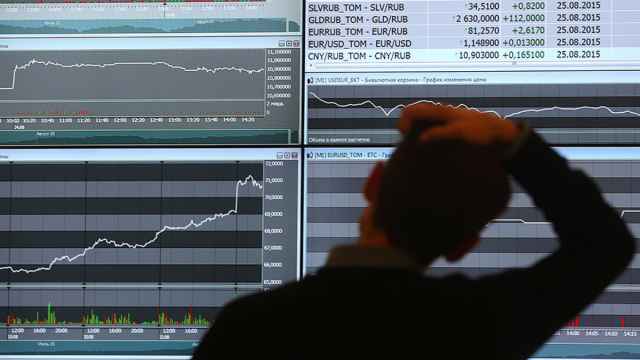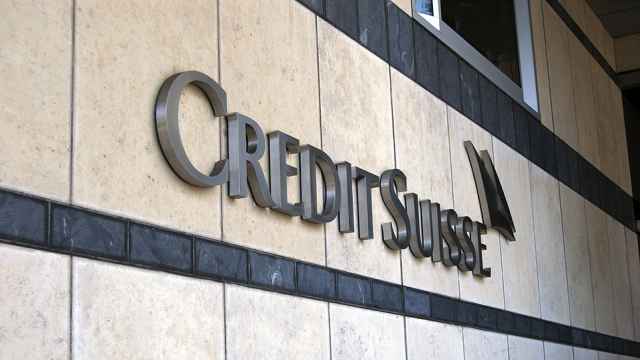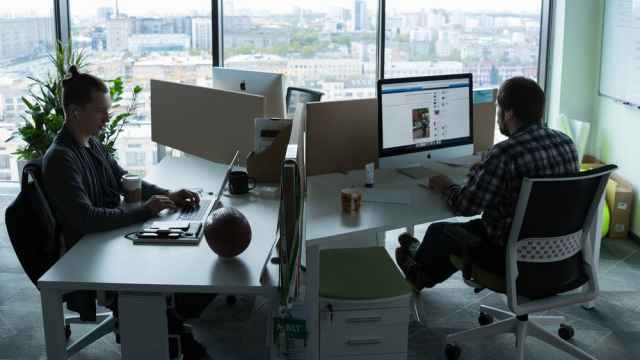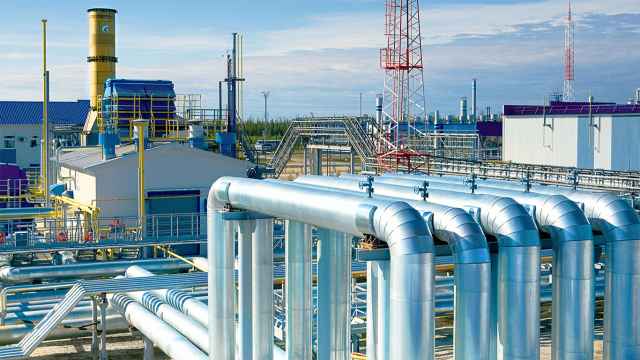Economic growth in Russia will be higher than expected in 2019 and is likely to pick up in the next few years thanks partly to higher state spending and looser monetary policy, the World Bank said on Wednesday.
Russia's economic growth has waned this year as investment activity evaporates and consumer demand flatlines, but it is seen increasing in 2020 as the government gears up for so-called national projects designed to boost growth.
The World Bank, in a regular report on the Russian economy, said it expected gross domestic product to expand by 1.2% this year, up from the 1.0% it projected in October. In 2018, Russian GDP grew by 2.3%.
In 2020 Russian GDP is seen at 1.6% and in 2021 1.8%, versus 1.7% and 1.8% respectively projected in October, the World Bank said.
"A less restrictive monetary policy and increased spending on the national projects is expected to help foster growth," Renaud Seligmann, World Bank Country Director in the Russian Federation, said in the report.
The central bank will next meet on interest rates on Dec. 13, where it may consider cutting the key rate, now at 6.5%, for the fifth time so far in 2019.
But Russia's ambitious national projects, which include state spending of billions of dollars on a wide range of plans to enhance business conditions, infrastructure, healthcare and ecology, are seen having only a limited impact on economic growth.
According to the World Bank estimates, national projects will contribute 0.2-0.3 percentage points to GDP growth in 2021.
"The reason why it is not as big as one might have expected or hoped for is ... that national projects have been slow to get started," Apurva Sanghi, World Bank's Lead Economist for Russia, told Reuters.
"I guess we are a bit conservative but a lot will depend on implementation of these national projects: how the regions are able to implement them and what kind of private sector response the stimulus generates."
To boost growth in the future, Russia would need to reduce the size of the state's footprint in the economy, provide more room for competition and diversify the country's wealth portfolio from a carbon-based one into more productive areas, Apurva said, reiterating earlier World Bank recommendations.
A Message from The Moscow Times:
Dear readers,
We are facing unprecedented challenges. Russia's Prosecutor General's Office has designated The Moscow Times as an "undesirable" organization, criminalizing our work and putting our staff at risk of prosecution. This follows our earlier unjust labeling as a "foreign agent."
These actions are direct attempts to silence independent journalism in Russia. The authorities claim our work "discredits the decisions of the Russian leadership." We see things differently: we strive to provide accurate, unbiased reporting on Russia.
We, the journalists of The Moscow Times, refuse to be silenced. But to continue our work, we need your help.
Your support, no matter how small, makes a world of difference. If you can, please support us monthly starting from just $2. It's quick to set up, and every contribution makes a significant impact.
By supporting The Moscow Times, you're defending open, independent journalism in the face of repression. Thank you for standing with us.
Remind me later.



